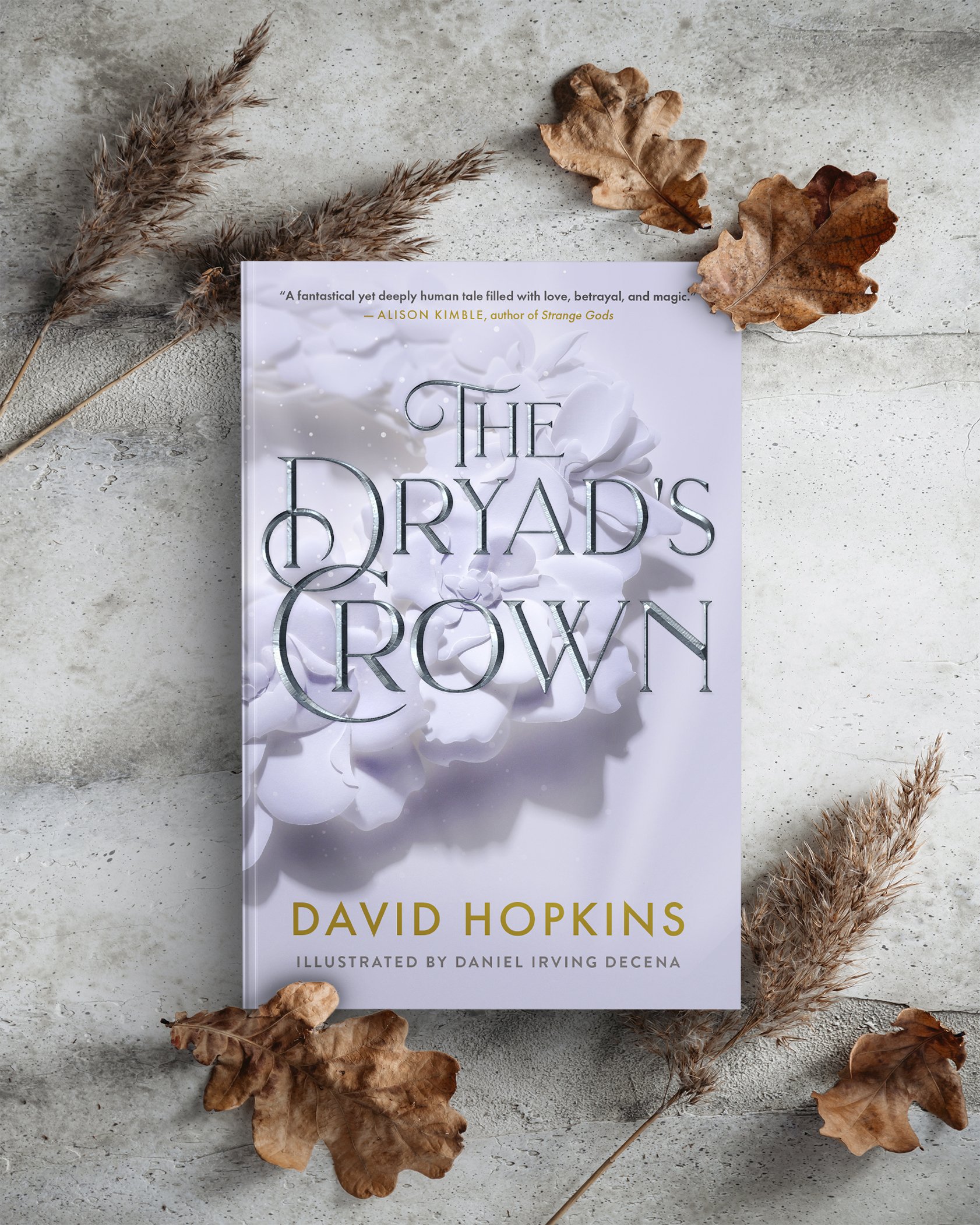A 2009 New Yorker piece written by Louis Menand ("Show or Tell: Should creative writing be taught?") has a cynical and comical view of creative writing programs.
Creative writing programs are designed on the theory that students who have never published a poem can teach other students who have never published a poem how to write a publishable poem. The fruit of the theory is the writing workshop, a combination of ritual scarring and twelve-on-one group therapy where aspiring writers offer their views of the efforts of other aspiring writers.
It's a good read for anyone who wants to teach writing or anyone who wants to dump money into a writing program. However, at times, Menand offers a limited view of how creative writing classes operate in order to prove his point--until eventually coming around to defend a rather flimsy reason for such programs, i.e. "I don’t think the workshops taught me too much about craft, but they did teach me about the importance of making things, not just reading things. You care about things that you make, and that makes it easier to care about things that other people make."
Several questions are raised. For instance, do writing programs actually make writers great or are they simply attended by great writers? To my knowledge, after almost a decade of teaching creative writing, the only professional writer to come out of my class... was me. Hardly a prestigious alumnus. But then, the other question: is the point of a creative writing program really to produce professionals? Is it publish-or-perish?
I believe my class made good writers better. The great writers didn't need me; they'll figure it out on their own. And as for the terrible writers, if I made them slightly more conscious of the clutter in their work, I'll take that as a win. In my class, we didn't "workshop" much at all. For my high school students, I wasn't interested in the "ritual scarring/twelve-on-one group therapy." They already get that enough simply being in high school. I focused on clarity in their work, using Zinsser's ON WRITING WELL as a foundation. And I talked a lot about story structure. I did this to address my two biggest concerns about young writers. (1) Students have been tricked into overvaluing adverbs and adjectives. They're rewarded for convulted sentences. (2) Students have lost the ability to tell a story. It all comes back to my mantra (which I discovered here): "No one will ever complain because you have made something too easy to understand" and "Nobody has to read this crap."
For my UIL Ready Writing team, I had a smaller group of students to work with. Instead of 30 teenagers in a classroom, I sat with four or five at a table in the library during lunch. They were gifted and hungry. Some of them already took my creative writing class. We moved from Zinsser to my favorite book on writing, A WRITER'S COACH by Jack Hart (Amazon | Kobo). We also workshopped like hell. It was easier to do with the UIL Ready Writing contest. They had a singular task: In two hours, write an expository essay based off a prompt that included an excerpt from literature, publications, or speeches. It was easier to show them good examples, and we could be more systematic in our efforts. There was a formula. My last year as the writing coach, we kicked ass. We placed (1st, 2nd, or 3rd) in every single tournament. And all my writers were in the top ten, every time. I told them the goal wasn't to win, even though we did, the goal was to be better writers. Honestly, I just made them more confident and a little more self-aware of their process.
How does anyone make someone great? I think you have to find "great" on your own. I'll settle for better.
[tweet "Do writing programs actually make writers great or are they simply attended by great writers?"]
